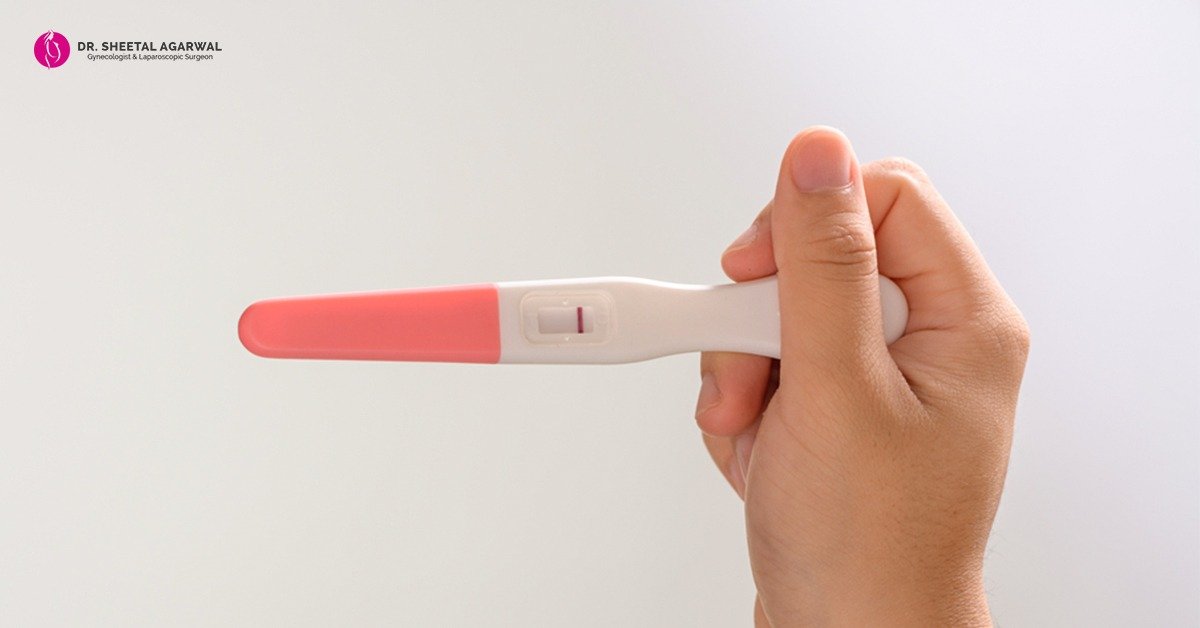When facing problems conceiving, a medicine for infertility is often seen as the very first solution to try. While there are many ways of infertility treatment, almost each of them will require the use of some medicine for infertility. Note that if the cause of infertility is the male partner, then medicines won’t do any good if it’s the female partner who takes it. That’s why before opting for medications, it is crucial to get a proper diagnosis done to find the real cause. Only then can you hope for medicine for infertility to treat that and help you conceive.
Also, there is no best medicine for infertility treatments. The best one is the one that suits your body and your medical conditions well and does not pose any side effects or risks. A medicine that works on one person may not work on another. That’s the reason why it is significant for you to get the diagnoses and prescriptions for medicines only from an experienced gynaecologist. We’ll talk more about that later. For now, check out this list of medicine for infertility treatments.
Here are 6 medicines for infertility treatment that your gynaecologist might prescribe.
1. Gonadotropins:
Gonadotropins aren’t pills. They are injected into the body to stimulate ovulation. Such injected medicine for infertility can produce eggs that are used in infertility treatment. Usually, Gonadotropins consist of FSH (follicle-stimulating hormone) alone. Or a combination of the follicle-stimulating hormone with luteinising hormone (LH). These are quite more effective than the normal menstrual cycle for ovulation. That’s because the FSH makes the ovaries create multiple follicles with an egg in each of them, while a normal menstrual cycle creates only one egg.
Gonadotropins are sold under brand names like Menopur, Luveris, and Gonal-F. The injected medicine for infertility may also have some side effects. These can be mood swings, multiple babies, and OHSS (ovarian hyperstimulation syndrome).
2. hCG:
Human Chorionic Gonadotropin or hCG, is an injectable medicine for infertility that is usually taken after the FSH + LH Gonadotropins have done their job of creating several follicles and eggs within them to mature. The hCG finishes the procedure by completing the job of maturing the egg and releasing it.
However, there are some side effects you should look out for. These can be as minor as pain in the injected area or as problematic as OHSS (ovarian hyperstimulation syndrome). With this issue, your ovaries get overwhelmed with so many hormones suddenly injected into the body and react through swelling and pain. Other side effects you can observe are, weight gain, nausea and vomiting, bloating, reduced urination, abdominal pain, and problems in breathing.

3. hMG:
Another injectable medicine for infertility, hMG or Human Menopausal Gonadotropins helps women who can’t ovulate because of issues in their pituitary gland. That’s because it’s the pituitary gland that naturally releases this hormone to stimulate the ovaries, but since it isn’t capable of, specialists usually have to inject this one. In men, it helps increase the sperm count. And in women, hMG stimulates the ovaries to develop eggs.
4. Clomid:
Clomid is one of the most inexpensive infertility treatments. This medicine for infertility is the first-ever treatment a gynaecologist will suggest to you when you go to her and tell her about your problem. The medicine simply produces hormones like gonadotropins naturally in your body to stimulate your ovaries and produce eggs. These gonadotropins make their way in the body from GnRH (gonadotropin-releasing hormones) which are a result of signalling the hypothalamus to block estrogen which happens through Clomid. The gonadotropins released are the very hormones we talked about earlier. Follicle-stimulating hormone (FSH) and Luteinising hormone (LH).
The pregnancy occurs within 3 months of using Clomid. Your doctor will keep on monitoring your condition all this time through ultrasounds and blood tests. She may also next suggest you intrauterine inseminations to bear a child. Also known as Serophene, Clomid is quite an effective approach that works in most cases. So, if you are looking for infertility treatment, there’s a chance it might prove to be the best medicine for infertility for you.
5. Lupron
Lupron is quite similar to Clomid. It reduces estrogen levels that helps release follicle-stimulating hormone and luteinising hormone. These further stimulate your ovaries to produce follicles with eggs to mature. What’s different about Lupron is that it is used on patients having endometriosis or fibroids which hamper the process of ovulation.
Just like the others in the list, Lupron, another injectable medicine for infertility, also has its side effects. These include nausea, insomnia, dizziness and hot flashes.
6. Metformin
To conceive, many women just need to regularise their menstrual cycles. Cycles that would have gone hampered due to polycystic ovarian syndrome. PCOS can occur in women due to hormonal imbalance caused by high blood sugar. That’s why most women who have type 2 diabetes also have PCOS troubling them, Metformin is medicine for infertility that can help treat this type 2 diabetes, thus helping with PCOS and regularising menstrual cycles. With menstruation happening at the right time every month, the chances of conceiving are incredibly increased. Make a note! Metformin is usually accompanied by Clomid and women consume it orally.
Conclusion
Apart from all such medicine for infertility treatment, Letrozole, Progesterone injections, Bromocriptine & Cabergoline, and Dopamine agonists are also used to help the ovaries produce eggs.
But don’t forget, there are a lot of risks associated with these medicines for infertility as well. From mild pain to ovarian hyperstimulation syndrome and the possibility of having multiple babies. There has to be something to take care of these risks. That’s why you need to be sure of the medicine you are taking according to your body’s condition and medical history.
Only an experienced gynaecologist will be able to suggest the right medicine for infertility and how to take its dose the right way. That’s why I am here to help you. Dr Sheetal Agarwal has gathered experience by working in this field for almost the past 25 years. Having helped many couples conceive, I am sure, I will be able to help you as well. It’s time you get ready to bring a happy healthy child to earth without any risks.
Come on! Book a consultation with me right away. You can choose to consult online as well.



It is a pity, that I can not participate in the discussion now. I do not own the necessary information. But this themes me very much interested.
gay bubble
The Secrets and techniques of Money Gifting! Discover How I Rake in 1000s With Cashgifting